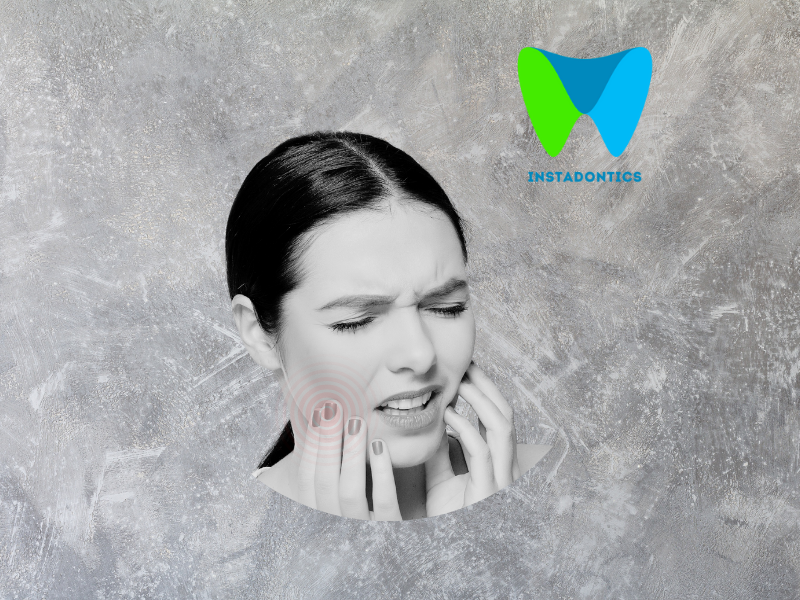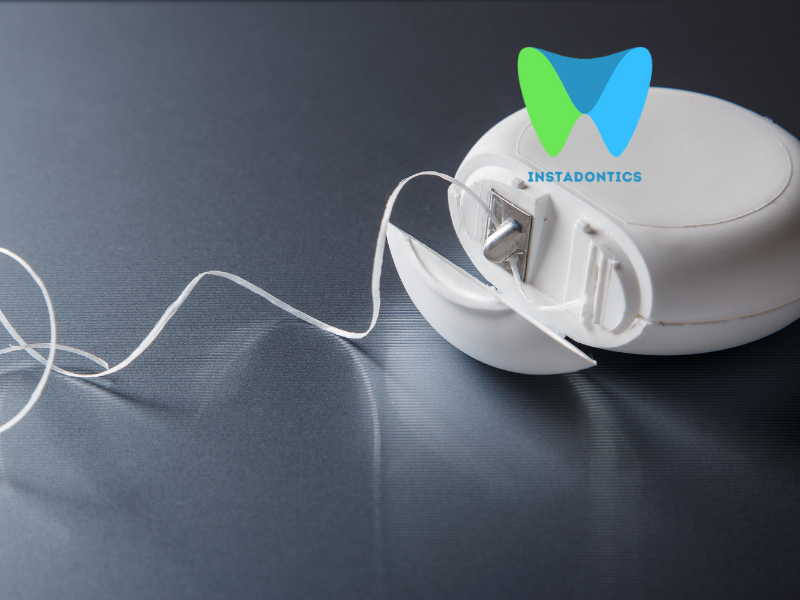Charcoal Toothpaste: Natural Whitening or Risky Trend?
Charcoal toothpaste has emerged as a major trend in natural oral care, praised for its supposed whitening powers and detoxifying abilities. Its appeal lies in the promise of a brighter smile without harsh chemicals. But does this black powder really deliver safe, effective results? In this in-depth guide, we explore the science, benefits, risks, and professional opinions on charcoal toothpaste so you can make an informed choice.
What Is Charcoal Toothpaste?
Charcoal toothpaste contains activated charcoal, a porous black powder typically derived from natural sources like coconut shells or hardwood. The material is processed with oxygen to increase its surface area and absorption capabilities. In theory, this makes it adept at binding to impurities, toxins, and stains—pulling them from the teeth during brushing.
Why Is It Popular?
Charcoal toothpaste has gained traction as part of the broader movement toward natural wellness. Its appeal lies in the dual promise of whiter teeth and detoxification, often without fluoride or synthetic ingredients. Social media, influencer marketing, and anecdotal testimonials have accelerated its popularity.
Claimed Benefits of Charcoal Toothpaste
1. Surface Stain Removal
Charcoal’s abrasive texture allows it to scrub away surface stains caused by coffee, tea, wine, or tobacco. This can leave the teeth appearing whiter—but only temporarily, and only on the outer enamel.
2. Detoxifying the Mouth
Proponents claim that activated charcoal binds with bacteria and toxins in the mouth. While this may help reduce oral bacteria short term, no studies conclusively prove it provides a detox effect beyond good brushing.
3. Natural and Fluoride-Free Appeal
Many charcoal toothpastes are marketed as fluoride-free and preservative-free, which appeals to those avoiding synthetic chemicals. However, this raises other concerns regarding cavity protection, as we’ll see below.
Does Charcoal Toothpaste Work? What Research Shows
Effectiveness vs. Regular Toothpaste
Some studies, including one from the Journal of the American Dental Association (JADA), suggest charcoal can remove extrinsic stains. However, there’s no strong evidence that it whitens beyond what typical non-charcoal toothpaste can achieve.
Concerns About Abrasiveness
The gritty nature of charcoal may do more harm than good. According to the Journal of Clinical Periodontology, frequent use can erode enamel, cause gum recession, and increase sensitivity. Enamel loss is irreversible—when it’s gone, it’s gone.
Lack of Long-Term Safety Data
Despite its popularity, charcoal toothpaste has not undergone rigorous long-term testing. The ADA warns that potential cumulative damage from enamel erosion or fluoride deficiency may outweigh the short-term cosmetic gains.
What Does the American Dental Association (ADA) Say?
The ADA has not approved any charcoal toothpaste product under its Seal of Acceptance program. This reflects multiple concerns:
- Abrasiveness: Charcoal may strip enamel and dentin, leading to tooth sensitivity and structural damage.
- No Fluoride: Many products lack fluoride, which is essential for preventing decay and remineralizing enamel.
- Insufficient Clinical Trials: There is a lack of peer-reviewed studies on safety, effectiveness, and long-term outcomes.
You can read more on this topic in the ADA’s position paper on charcoal dentifrices here.
What’s in Charcoal Toothpaste?
Charcoal toothpaste formulations vary by brand, but many contain the following ingredients:
- Activated Charcoal: The primary ingredient, known for its abrasive and absorbent properties.
- Hydrated Silica: An additional abrasive agent to aid in stain removal.
- Glycerin: Helps maintain a smooth texture and retain moisture.
- Coconut Oil or Natural Oils: Common in natural brands for added antibacterial effects and texture.
- Flavoring Agents: Peppermint or spearmint oils are often used to freshen breath.
- Baking Soda: Sometimes added for extra whitening power.
- Xylitol: A sugar alcohol that reduces cavity-causing bacteria.
- Binder and Thickening Agents: Such as cellulose gum, to help create a consistent paste.
Many of these toothpastes omit fluoride, which raises concerns among dental professionals. Always check the ingredient list if you have sensitivities or are looking for fluoride-inclusive options.
Should You Use Charcoal Toothpaste?
Pros
- May temporarily improve appearance by lifting surface stains.
- Natural-based ingredients without artificial preservatives.
- Trending among those seeking minimalist or non-toxic products.
Cons
- High abrasiveness may permanently damage enamel.
- Lack of fluoride puts users at greater risk of cavities.
- Limited scientific data; mostly supported by anecdotal evidence.
Expert Recommendations
If you are considering using charcoal toothpaste:
- Use it sparingly, no more than once or twice per week.
- Pair it with a fluoride toothpaste to maintain cavity protection.
- Consult your dentist, especially if you already have enamel erosion or sensitivity.
- Monitor changes in your teeth, including increased roughness, yellowing, or soreness.
Some professionals recommend using charcoal powder only under supervision or skipping it entirely in favor of ADA-approved whitening toothpaste or professional whitening treatments.
The Verdict on Charcoal Toothpaste
Charcoal toothpaste might seem like a natural shortcut to a dazzling smile, but the reality is far more complex. While it can help with surface-level stains and appeal to wellness-conscious consumers, the risks to enamel, lack of fluoride, and insufficient evidence make it a questionable everyday solution.
Until more high-quality research confirms its long-term safety, dental professionals recommend sticking with products that carry the ADA Seal and deliver proven benefits.
If you’re committed to trying charcoal, do so cautiously and infrequently, always balancing it with products that protect your enamel and prevent decay.
Your oral health is an investment—don’t let trends jeopardize it.
FAQs About Charcoal Toothpaste
1. Can charcoal toothpaste really whiten teeth?
Charcoal may help lift surface stains temporarily, but it does not change the internal color of teeth like professional whitening.
2. Is charcoal toothpaste safe for daily use?
Most dental professionals advise against daily use due to the abrasive nature of charcoal.
3. Can charcoal toothpaste damage enamel?
Yes. Over time, abrasive particles can wear down enamel and increase sensitivity.
4. Does charcoal toothpaste help with bad breath?
It may reduce bacteria short-term, but it’s not a replacement for brushing, flossing, and tongue cleaning.
5. Is it safe for kids?
No. Charcoal toothpaste is generally not recommended for children due to abrasiveness and lack of fluoride.
6. What’s the best way to use charcoal toothpaste?
Use it sparingly, monitor for any increased sensitivity, and always follow up with a fluoride toothpaste.
7. Can it replace my regular toothpaste?
No. Most charcoal toothpastes lack fluoride, which is essential for cavity prevention.
8. Are there ADA-approved charcoal toothpastes?
As of now, there are no charcoal toothpastes approved by the American Dental Association.
9. Can charcoal toothpaste help with plaque control?
There’s no strong evidence it reduces plaque better than standard fluoride toothpastes.
10. Does it have antibacterial properties?
Charcoal has some antibacterial potential, but it’s not proven to be clinically effective long-term.
11. Will it work on crowns or veneers?
No. It won’t whiten dental restorations like crowns, veneers, or fillings.
12. What are the risks of prolonged use?
Increased enamel wear, sensitivity, yellowing of teeth, and higher cavity risk.
13. Can charcoal toothpaste help with gum health?
There’s no evidence it improves gum health beyond standard toothpaste.
14. Is it more natural or eco-friendly?
Yes, many brands are marketed as natural, but not all are environmentally sustainable.
15. What alternatives exist for natural whitening?
Look for ADA-approved whitening pastes with gentle abrasives or opt for professional cleanings.
References & Supporting Research
American Dental Association (ADA). (2019). Charcoal toothpaste: What is it? Retrieved from https://www.ada.org/resources/research/science-and-research-institute/oral-health-topics/charcoal
Brooks, J. K., Bashirelahi, N., & Reynolds, M. A. (2017). Charcoal and charcoal-based dentifrices: A literature review. The Journal of the American Dental Association, 148(9), 661–670.e4. https://doi.org/10.1016/j.adaj.2017.05.012
Vânia Portela de Souza et al. (2021). Effect of activated charcoal-containing dentifrices on enamel surface loss. Journal of Clinical and Experimental Dentistry, 13(6), e550–e555. https://doi.org/10.4317/jced.57987
Greenwall-Cohen, J., Greenwall, L. H., & Wilson, N. H. F. (2019). Charcoal-containing dentifrices. British Dental Journal, 226(9), 697–700. https://doi.org/10.1038/s41415-019-0265-7



